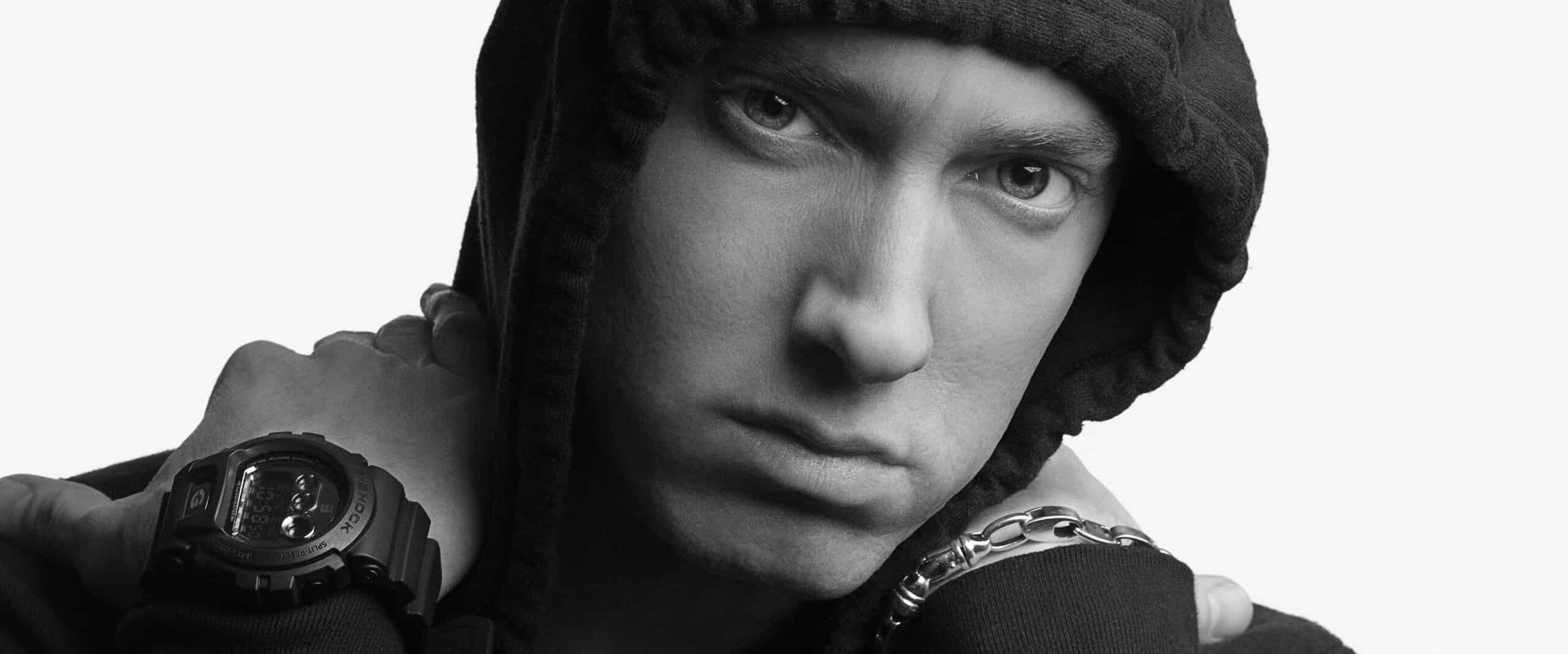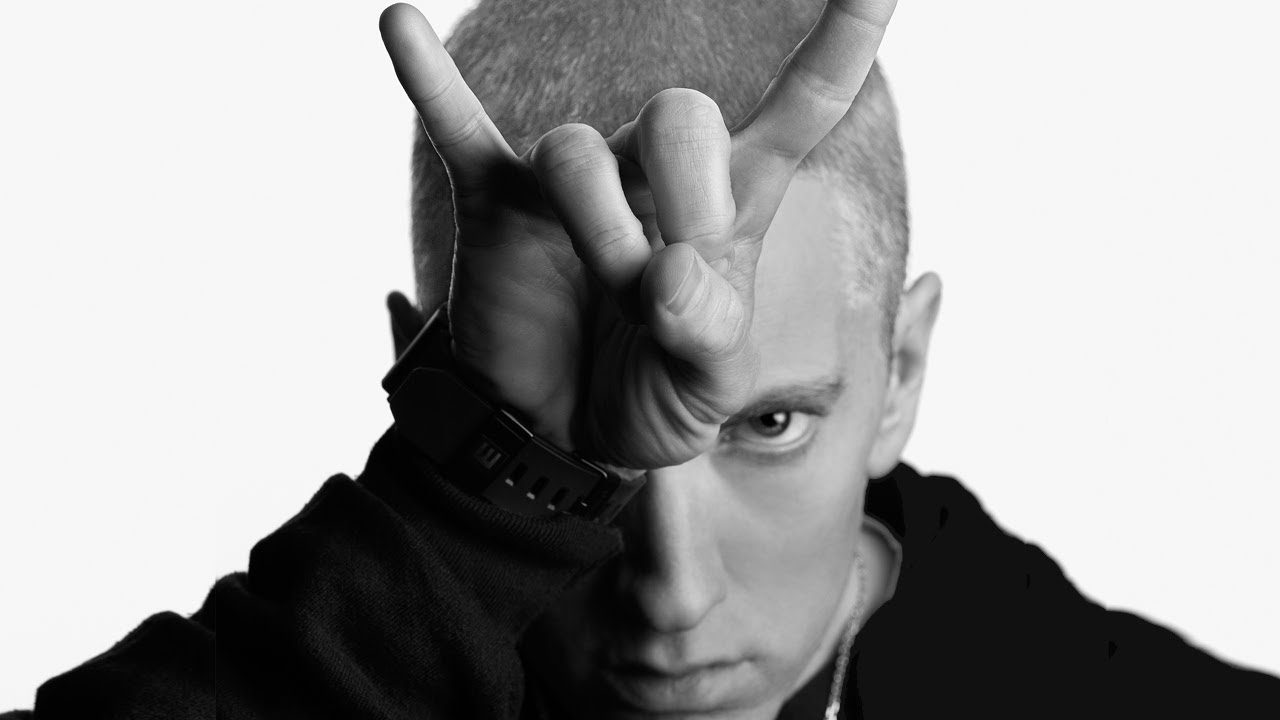Eminem, often hailed as the ‘Rap God,’ has a remarkable career filled with iconic tracks that have resonated with fans worldwide.

However, amidst his musical success, there lies a song that he loathes to the extent that he refuses to perform it at his shows. This track, ‘Cleanin’ Out My Closet,’ released in 2002, delves into Eminem’s strained relationship with his mother, Debbie.
The song’s controversial and hard-hitting lyrics touch on sensitive issues, leading the rapper to eventually distance himself from it.
In a later release, ‘Headlights,’ Eminem opens up about his regret and offers a heartfelt apology, shedding light on the reasons behind his decision to retire ‘Cleanin’ Out My Closet.’
The Haunting Diss Track and Legal Strife
‘Cleanin’ Out My Closet’ is a powerful diss track where Eminem unapologetically vents his anger towards his mother, Debbie. The song contains harsh words, calling her derogatory names and expressing wishes for her damnation.
Eminem accuses his mother of substance abuse and declares his intent to prevent her from seeing her granddaughter Hailie. During this period, the rapper and his mother had a tumultuous relationship, which culminated in Debbie filing a lawsuit against him in 1999.
She alleged slander and defamation, seeking $10 million in damages, but the legal dispute was later settled for $25,000 in 2001.

Eminem’s Evolution: From Hatred to Apology
Despite his other songs also targeting his mother, Eminem has made the conscious decision to retire ‘Cleanin’ Out My Closet.’ Interestingly, this decision was not solely influenced by the legal battle with his mother but rather by a change of heart on the rapper’s part.
In 2014, Eminem released ‘Headlights,’ a poignant track that serves as a heartfelt apology to his mother. In this song, he reflects on his past anger and acknowledges that he might have taken things too far in ‘Cleaning Out My Closet.’ The lyrics show a more mature and remorseful Eminem, expressing regret for his actions.
In ‘Headlights,’ Eminem addresses his mother directly, admitting that he doesn’t hate her despite their dysfunctional relationship. He acknowledges that his upbringing was fraught with difficulties, including being kicked out on Christmas Eve and witnessing his younger brother, Nathan, being taken into foster care.

Eminem’s emotional journey unfolds as he forgives his mother, acknowledging that she did her best to raise him and his brother amidst challenging circumstances. He recognizes the heavy burden she carried, particularly during the foster care period.
The heartfelt apology reaches its crescendo with Eminem expressing his love for his mother, Debbie Mathers. Despite the complex web of emotions and past grievances, he wishes he had the opportunity to thank her for being both a mother and a father figure in his life.
Eminem’s evolution as an artist and as a person is evident in the contrasting emotions portrayed in ‘Cleanin’ Out My Closet’ and ‘Headlights.’ While the former reflects his anger and frustration towards his mother, the latter showcases his growth and willingness to offer a sincere apology.
Through music, Eminem bares his soul, sharing the struggles he faced in his tumultuous past. It is a testament to the power of art and expression that the rapper has been able to reflect on his emotions, transform them, and extend an olive branch to his mother.
As listeners, we can appreciate the depth of his journey and hope for reconciliation between Eminem and his mother in the future.


